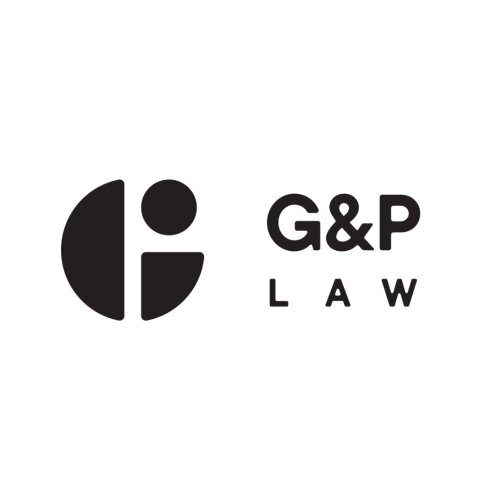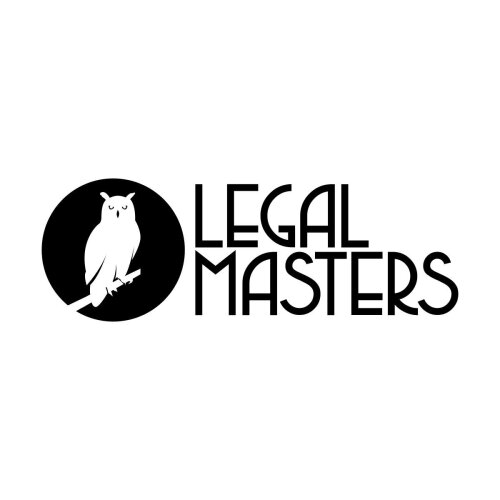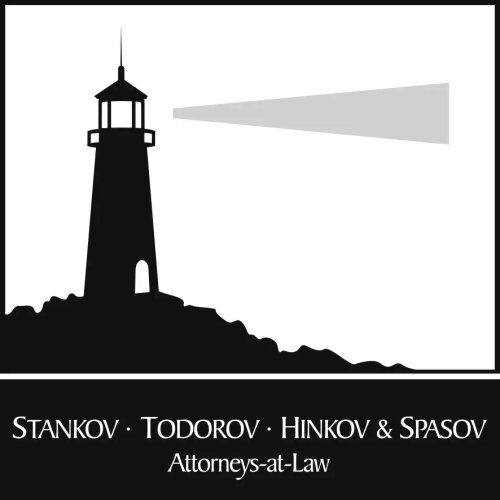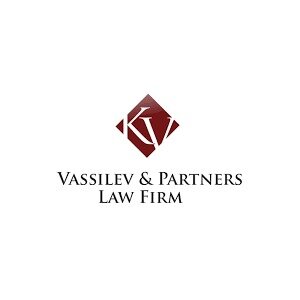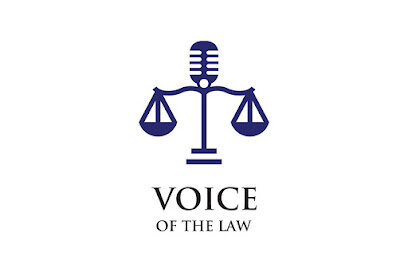Best Corporate & Commercial Lawyers in Bulgaria
Share your needs with us, get contacted by law firms.
Free. Takes 2 min.
Or refine your search by selecting a city:
List of the best lawyers in Bulgaria
About Corporate & Commercial Law in Bulgaria
Corporate and commercial law in Bulgaria ensures the proper regulation of business activities and entities within the country. This branch of law covers the legal aspects of forming, operating, merging, and dissolving companies, as well as broader commercial transactions and obligations between businesses. Bulgaria, as a member of the European Union, aligns many of its legal standards with EU directives, providing a modern and transparent environment for both local and international businesses.
Why You May Need a Lawyer
While conducting business in Bulgaria, various situations may arise in which legal guidance is critical. Common scenarios include:
- Starting or registering a new company
- Drafting, reviewing or negotiating business contracts
- Complying with local and EU regulations
- Handling mergers, acquisitions, or restructuring
- Resolving shareholder or partnership disputes
- Protecting intellectual property rights
- Managing employment law issues within your business
- Dealing with cross-border transactions
- Liquidation or insolvency procedures
Local Laws Overview
Key aspects of Bulgarian corporate and commercial law include:
- Company Formation - The main types of business entities are the Limited Liability Company (OOD), Joint Stock Company (AD), and Sole Proprietor (ET). Each has specific registration and operational requirements.
- Commercial Code - This is the fundamental legal act governing business activity, company boards, capital, shareholding structures, and commercial transactions.
- EU Directives Implementation - Bulgaria harmonizes its corporate governance and commercial rules with EU law, affecting areas such as competition, data protection, and consumer rights.
- Contract Law - Contracts are generally binding if they comply with legal requirements. Bulgarian contract law is rooted in the Obligations and Contracts Act.
- Taxation - Corporate entities are subject to corporate income tax and VAT, with clear obligations concerning financial reporting.
- Employment Requirements - Labour laws determine working relations and protections for employees within a company, governed by the Labour Code.
- Dispute Resolution - Disputes are mainly resolved through the Bulgarian courts or arbitration tribunals, with specific rules for business-related cases.
Frequently Asked Questions
What are the main types of business entities in Bulgaria?
The most common types are the Limited Liability Company (OOD), Joint Stock Company (AD), and Sole Proprietor (ET). Each differs in terms of liability, capital requirements, and shareholding structure.
How long does it take to register a company in Bulgaria?
Company registration typically takes 1 to 2 weeks, provided all documentation is in order and legal requirements are met.
Are there restrictions on foreign ownership?
Bulgaria allows 100 percent foreign ownership in most sectors, with few exceptions related to defense or national security.
What are the tax obligations for corporate entities?
Bulgarian companies are subject to a corporate income tax rate of 10 percent, one of the lowest in the EU. Value Added Tax (VAT) is commonly 20 percent but may vary in specific sectors.
How are business disputes resolved?
Most corporate and commercial disputes are resolved in Bulgarian courts or via arbitration, depending on the terms agreed in contracts.
Is it mandatory to have a local director or representative?
No, it is not mandatory for a company to appoint a Bulgarian national as director, but a registered office address in Bulgaria is required.
Are annual financial reports required?
Yes, all Bulgarian companies must prepare and file annual financial statements according to national and EU standards.
What are the main employee rights under Bulgarian law?
Employees are entitled to fair working conditions, paid leave, social security, and protection against unlawful dismissal, as set out by the Labour Code.
What steps are involved in company liquidation?
Company liquidation involves notifying the Registry Agency, publishing the decision, settling debts, and distributing remaining assets as per the law.
Can contracts be drafted in English?
Contracts may be drawn up in any language, but for legal proceedings or submission to Bulgarian authorities, an official Bulgarian translation is often required.
Additional Resources
For more information and assistance, the following Bulgarian organizations and authorities can provide guidance:
- Bulgarian Registry Agency - for company registration and records management
- Ministry of Justice - for legal policy and legislative updates
- Bulgarian Chamber of Commerce and Industry - for business-related support
- Commission for Protection of Competition - for competition law matters
- National Revenue Agency - for taxation and reporting obligations
- Patent Office of the Republic of Bulgaria - for intellectual property protection
Next Steps
If you require legal help in corporate and commercial matters in Bulgaria, consider the following actions:
- Identify your specific legal need - whether registering a business, drafting a contract, or resolving a dispute
- Gather all relevant documents and information
- Research law firms or legal professionals specializing in corporate and commercial law in Bulgaria
- Schedule an initial consultation to discuss your case, outline your goals, and understand possible solutions
- Work with your lawyer to ensure all processes are handled lawfully and efficiently
Lawzana helps you find the best lawyers and law firms in Bulgaria through a curated and pre-screened list of qualified legal professionals. Our platform offers rankings and detailed profiles of attorneys and law firms, allowing you to compare based on practice areas, including Corporate & Commercial, experience, and client feedback.
Each profile includes a description of the firm's areas of practice, client reviews, team members and partners, year of establishment, spoken languages, office locations, contact information, social media presence, and any published articles or resources. Most firms on our platform speak English and are experienced in both local and international legal matters.
Get a quote from top-rated law firms in Bulgaria — quickly, securely, and without unnecessary hassle.
Disclaimer:
The information provided on this page is for general informational purposes only and does not constitute legal advice. While we strive to ensure the accuracy and relevance of the content, legal information may change over time, and interpretations of the law can vary. You should always consult with a qualified legal professional for advice specific to your situation.
We disclaim all liability for actions taken or not taken based on the content of this page. If you believe any information is incorrect or outdated, please contact us, and we will review and update it where appropriate.
Browse corporate & commercial law firms by service in Bulgaria
Bulgaria Attorneys in related practice areas.
Browse corporate & commercial law firms by city in Bulgaria
Refine your search by selecting a city.



